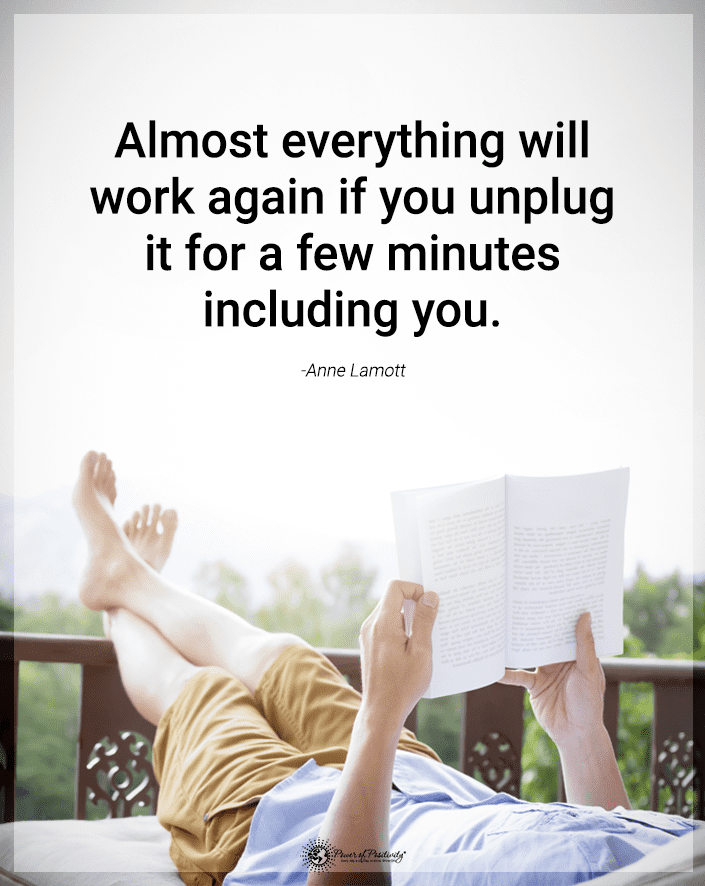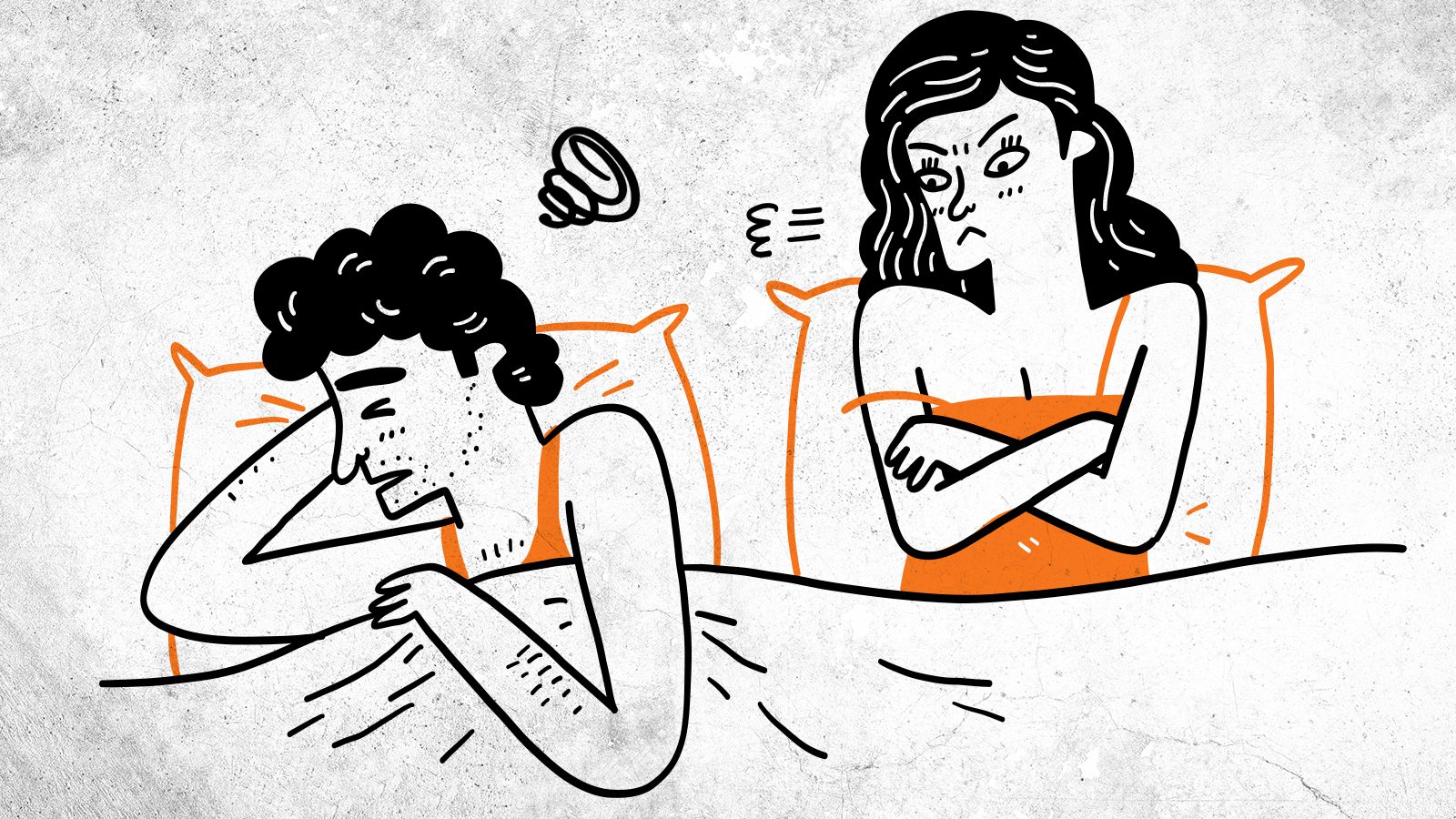Being in a toxic relationship is detrimental to your well-being, and the effects can be long-lasting. Leaving a toxic relationship is a brave step. Now, you deserve to heal, find peace, and restore your self-respect.
These relationships don’t always start toxic, but they wreak havoc on your life and mindset. The behaviors increase gradually over time, and it can be hard to identify if you were in an unhealthy relationship. It was likely toxic if you still have lasting psychological effects from a previous relationship.
Recovering from a toxic relationship can be difficult. The feelings and psychological issues can last even years after the relationship ends. Healing from the situation is the best thing you can do for yourself.
Be patient with yourself during the healing process because it takes time. You can make it happen with persistence and support.
What a Toxic Relationship Looks Like
Unhealthy relationships are unique, so they don’t always look the same. However, there are some indicators of toxicity, including:
- infidelity
- mental, physical, financial, or emotional abuse
- perpetual discontentment in the relationship
- lack of communication
- constant tension or arguing
- not fixing conflict
- feeling invalidated or uncertain
- constant stress
- feeling drained
- isolation
- resentment
- being undermined
- constant put-downs
Why It’s Important to Heal from a Toxic Relationship
Healing from a toxic relationship is essential to moving on. You might struggle to find love again if you’re harboring the effects of the past.
When you trust someone enough to be in a relationship, being hurt or betrayed is heartbreaking. It’ll make you want to hide from future relationships so that it doesn’t happen again.
Healing from your past experiences can help you move forward. You can learn to love yourself again and find a beneficial relationship.
A toxic relationship can cause you to lose your sense of self-respect. Without it, you might engage in unhealthy behaviors and live in a state of negativity.
How to Recover from a Toxic Relationship and Regain Self-Respect
Try these habits to find your way back to happiness–or at least increase self-love and self-respect.
1 – Don’t Contact Your Ex
After your relationship ends, it might be tempting to want to reach out to your ex. Doing so is detrimental and can make many negative feelings and behaviors return. It’s best to go no-contact and know that you do not need to stay friends with them.
Some tips for going no-contact include:
- unfriending or unfollowing them on social media
- not answering calls from them
- deleting their phone number
- not responding to their messages
- avoiding contact with their friends or family
Some situations, like having a child or a professional relationship, make no contact impossible. If that’s the case for you, it requires limiting your contact and setting boundaries. This situation allows you to be calm around them, and they won’t have the chance to cause further harm.
2 – Don’t Blame Yourself for the Toxic Relationship
You are not the reason your ex mistreated you. Your ex’s actions are their responsibility, and there’s nothing you could have done differently.
You can’t even blame yourself for getting in the relationship because abusers don’t often show their true identity until later. When you blame yourself, it can cause feelings of regret and self-doubt.
If you struggle with blaming yourself, it’s time to practice forgiveness. When you start thinking you were at fault, shift your thoughts and remember why you left your ex. You didn’t do anything to deserve a bad situation, so don’t waste your time and energy beating yourself up.
3 – Take Time to Get to Know Yourself Again
A toxic relationship can take a toll on how you feel about yourself. You might give up on your hobbies and passions. Now that you’re out of the relationship, you can heal by getting to know yourself again.
Take the time to rediscover who you are. As you do things you used to enjoy, take time to remember why you liked those activities. Prioritize your happiness and identify what you love about life.
4 – Be Patient After a Toxic Relationship and Give Yourself Some Grace
Healing from a toxic relationship isn’t easy, and it takes time. Your healing journey will be different than other people’s experiences, so be patient as you work through the issues.
Take as much time as you need to process and heal, and be kind to yourself. Some days will be more complicated than others. So give yourself some grace for setbacks.
Don’t judge yourself, and practice positive self-thoughts. You deserve self-compassion during this process. One way to do this is to treat yourself how you’d treat a friend or loved one in your situation. It helps you forgive yourself as you realize all that matters now is healing.
5 – Let Yourself Feel Your Emotions
It’s tempting to suppress your emotions when you end a toxic relationship. However, allowing yourself to feel and experience the emotions is beneficial. Letting your feelings out can help speed up the healing process, but you must give yourself the space and time to do it.
6 – Talk to a Professional About the Toxic Relationship
Going through a toxic relationship takes a toll in many ways. You can try to get through it alone, but seeking professional help can make a difference. Some survivors experience post-traumatic stress disorder (PTSD), and it causes long-lasting trust issues.
Talking to a mental health professional can help you process and work through what happened. They’ll help you understand that it wasn’t your fault. Plus, they’ll help you work through anger, grief, and other emotions.
7 – Reframe Your Thoughts About the Toxic Relationship
Negativity will hold you back and prevent the healing process. When you can reframe negative thoughts, it helps rewire your brain and shift your thinking patterns. You’ll begin looking at your experience in a new way, making it beneficial moving forward.
Think of the things you learned or where that relationship led you. There are many ways to reframe, so make it work for you.

8 – Focus on Self-Care (the ultimate form of self-respect)
Taking care of yourself is essential during the healing process. Toxicity harms your emotional and physical well-being, and you must recover from it. Take the time to focus on your health and doing things you want to do.
Some ideas include:
- reading a book
- taking a hot bath
- buying yourself something you’ve been wanting
- cook your favorite meal
- binge watch your favorite show
- bake something
- connect with nature
- get plenty of sleep
- spend time alone
- implement an exercise routine
- eat nutritious foods
- practice mindfulness meditation
There’s no wrong way to practice self-care. You’re on the right track as long as you focus on yourself and prioritize your needs, wants, and self-respect.
9 – Process Your Experiences
Recognizing and processing what you went through is essential to the healing process. Take note of what you went through, considering what you won’t tolerate in the future.
You might not want to share your experience with others, but don’t be afraid to admit what you went through. Sometimes all you can do is acknowledge it to yourself.
Write about it in your journal, or share it with your therapist if you’re comfortable. When you admit what you went through, it allows you to process your experiences.
Part of processing your experiences requires asking yourself some hard questions. Consider what you missed at the beginning that allowed this person to become such a big part of your life. You should also ask yourself what you can do differently to prevent it in the future.
Give yourself time before determining the answers to your questions. As you reflect, don’t beat yourself or blame yourself for what happened. Instead, process your situation without judgment.
10 – Don’t Look to a Toxic Relationship Partner for Closure
You might want closure, but it likely won’t do you any good. Plus, you can’t often get a toxic person to apologize or admit fault in any situation. If closure requires an apology, don’t look for it. Imploring them for help will only further lessen your self-respect.
Waiting around for something that won’t happen can be exhausting and prevent you from moving on. Let go of your desire for closure and focus on taking care of yourself instead.
There are ways you can find closure on your own. One way is to write a letter to the toxic person but never send it.
Tell them everything you want to say, and make it clear how they made you feel. It could give you a feeling of closure if you view the letter as a way of saying goodbye. When you finish, shred the letter and take a deep breath.
11 – Make New Memories
If you and your ex went somewhere together, you might be reluctant to revisit it. The bad memories may prevent you from doing things you’d participate in otherwise.
Push through the complex feelings and get out there and make new memories. When you replace your negative memories with good ones, you’ll learn to love places and experiences that your ex made you dislike in the past.
Even if there are no locations that you avoid, you can still make new memories. Accept experiences and opportunities to try new things. It can help you replace the negativity in your mind with excitement and adventure.

Final Thoughts on Habits to Help Recover from a Toxic Relationship
Recovering from a toxic relationship takes time and patience. The process is worth it because it helps you move forward without harboring negativity and restores your self-respect. Use these habits to help you recover, and you’ll notice an improvement in your life. You might experience setbacks, but with these tips, you’ll be on your way to recovering from a toxic relationship.



















